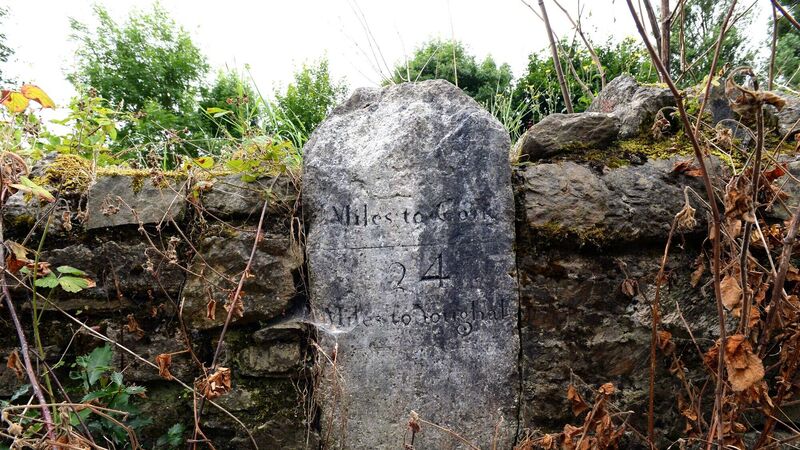Letters to the Editor: Heritage lost in milestones

Milestone decisions in the Republic that were originally handled and cared for by the minister for heritage are now given to 31 local authorities. The minister is now precluded from interfering. Picture: Denis Scannell








